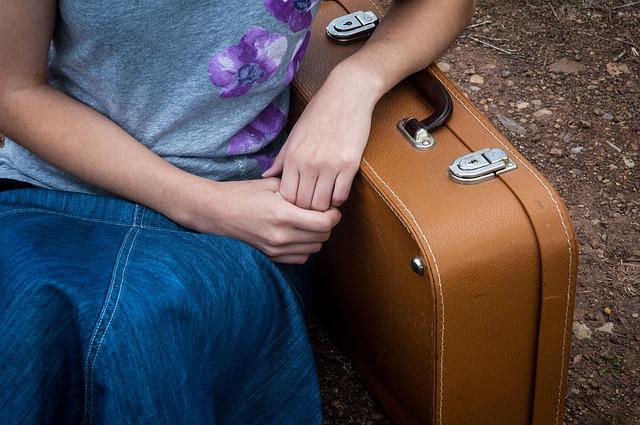Jijo Kandamkulathy, CMF
Claretian Publications, Macau
21ST SUNDAY – C
Lk 13:22-30
From reading the Gospels, it is clear that many early Christian communities were preoccupied with the question of the coming of the Kingdom of God. Repeated usage of this phrase has often taken away the power of this concept. The Kingdom of God simply means the establishment of divine reign. Many believed then, and even now, that Jerusalem is the capital of the Kingdom of God. The concept of a heavenly Jerusalem evolved out of a nostalgia for Jerusalem. The idea in the air was that not everyone will belong to this kingdom and that there will be a selection.
So, who will be in, and who will be out? Luke deals with the anxieties of his community with that question in this Gospel passage. The question must be also understood in the original context of the journey of Jesus to Jerusalem with a great company of Galileans, when this story was told. The imagination of the fellow travelers was growing as days passed about the establishment of the Kingdom of God in Jerusalem.
The reference to the children coming from east and west from south and north is a leaf taken out of Isaiah (Isa 43:5-6), placing the mental preoccupations of the fellow travelers in the context of the restoration of Jerusalem. The victory is celebrated with a banquet in Jerusalem as envisaged by Isaiah (Isa 25:6-12). The story that played in the mind of the Galilean followers is this language of the physical restoration of Jerusalem with Jesus the Messiah. The meaning that Jesus prepares them for is very spiritual. The restoration of Jerusalem and the Kingdom of God are not one and the same. For Jesus, the reign of God is the liberation of all the children of God, as he announced in his debut sermon at the Nazareth synagogue. Domestication of the divine has been one of the patterns of human behavior from the beginning of civilization. The universal restoration that Jesus has in mind seems to have been well domesticated for now and given a locus and name in Jerusalem by those who were accompanying him.
When Jesus asked them to enter through the narrow door, the story in the mind of his followers was probably the camel’s gate in Jerusalem, which is mentioned also as the eye of the needle (Mt 19:24). The camel’s gate was probably used to bring supplies into the city while the main door was closed. It required the traders to take down the supplies from the camel’s back and carry them by hand since the gate was narrow, and only a camel without any payload could pass through.
Well, Jesus is still speaking of the spiritual sense. Those who are fat with riches and ego will have to unload them before they enter the new Kingdom. If you have too much of them you will spend time unloading and loading them again, and will likely be late for the banquet. We find the master in the story showering very harsh judgments on those who come late. Some of them were preachers and some of them were exorcists. Well, they had heavy baggage with them and were late to the party.
The story reminds me of an advertisement of a railway company which said, “Less luggage, more comfort.” Life is a journey, and every journey becomes burdensome if we carry too many things, no matter good or bad. They are just dead weight. It is wiser to leave behind in our journey of life the list of good things that we have done. Leave behind also the memory of betrayals, failures and hurts. Travel light.
Whatever we carry with us on our journey should be things that are beneficial for others. I am sure you have heard of the journey of the monks. A group of monks decided to go on a three-day long trek and prayer on the mountain top for a few days. They had to carry their provisions and everything they needed to the mountain top. They prepared the needed stuff in bundles, and everyone rushed to carry light weighing bundles. There was one monk who rushed to carry the heaviest bundle. It was the food kit for their meals on the way. The others kind of gave a hushed laugh at the apparently unwise decision of the humble monk. As the early morning journey progressed to breakfast time, the humble monk opened his bundle and gave breakfast to everyone, making his baggage lighter and smaller. He continued the same way for lunch and dinner on that day and the next, while the rest of the monks got exhausted carrying their heavy burdens. As the journey progressed, their baggage seemed to grow heavier while that of the humble monk kept shrinking. All that is worth carrying during our life journey is what we can give to others.
(Image: MorningbirdPhoto@pixabay.com)


 Follow
Follow


